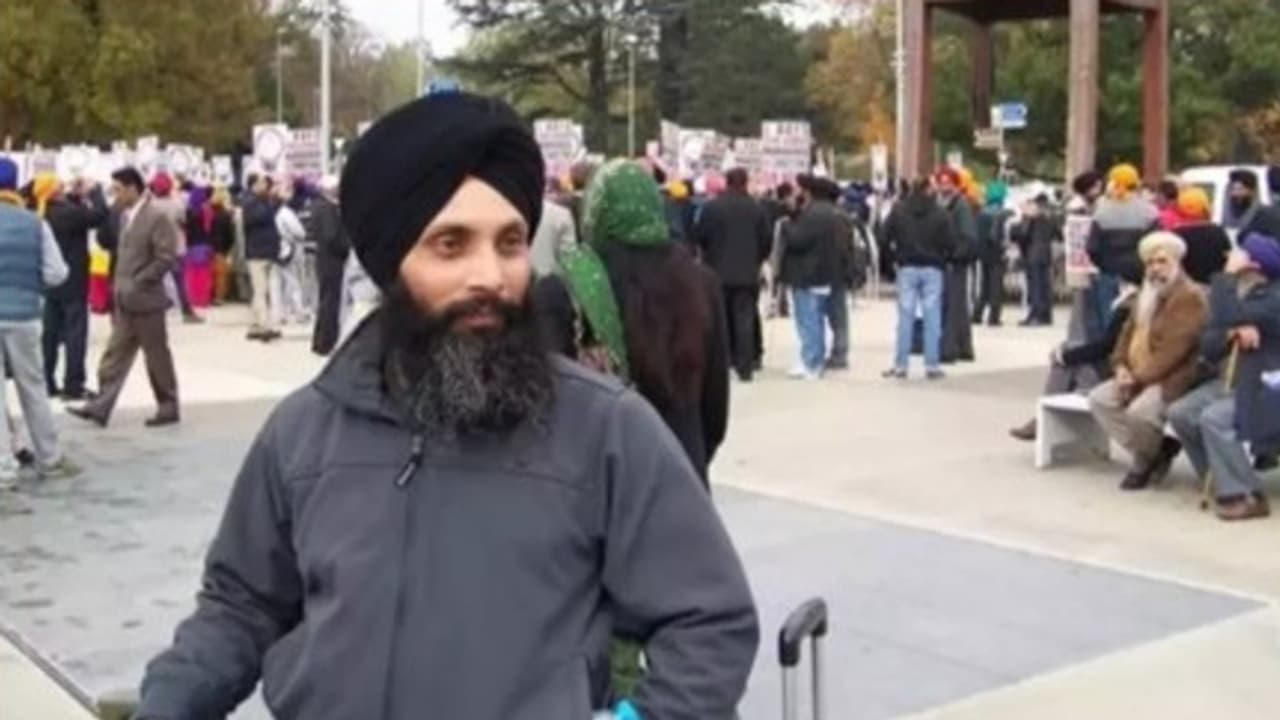The NIA has faced a setback in its pursuit of Khalistani terrorist Hardeep Singh Nijjar's death certificate after Canadian authorities refused to provide the document.
Amidst escalating diplomatic tensions between India and Canada, the National Investigation Agency (NIA) has faced a setback in its pursuit of Khalistani terrorist Hardeep Singh Nijjar's death certificate after Canadian authorities refused to provide the document. Nijjar, former chief of banned terror outfit Khalistan Tiger Force (KTF), was killed in Surrey in June last year and was implicated in nine cases under investigation by the NIA.

The NIA approached Canadian authorities for Nijjar’s death certificate, intending to fulfill legal requirements in Indian courts for pending cases against him. However, according to reports quoting NIA sources, Ottawa responded with counter-queries, questioning New Delhi's need for the death certificate of a Canadian citizen.
“Instead of sharing the death certificate, they asked us ‘why do you need it’,” an official was quoted as saying in an Hindustan Times report, who added that it virtually meant they refused to share the details.
Nijjar’s killing has fueled diplomatic tensions between Canada and India. The Canadian government alleged the involvement of Indian agencies in Nijjar’s murder—a charge that India has firmly denied. This diplomatic standoff escalated when Canada named senior Indian diplomats as “persons of interest” in the investigation, leading to India’s withdrawal of those diplomats from the country.
Indian authorities have designated Hardeep Singh Nijjar as a terrorist, accusing him of involvement in targeted killings within Punjab and of organizing anti-India demonstrations globally.
India has also accused Canada of providing a safe haven for pro-Khalistan extremists. Last week, a spokesperson for India’s Ministry of External Affairs highlighted that Canada has yet to take action on India’s requests to extradite 26 individuals and to arrest several others charged with terrorism and other serious crimes.
The NIA is also encountering challenges in its efforts to secure an Interpol red-corner notice for Sikh For Justice's Gurpatwant Singh Pannun, a US-based pro-Khalistan leader and designated terrorist facing multiple terrorism cases in India. The agency has attached three of Pannun’s properties in Chandigarh, Amritsar, and Pathankot, citing these as proceeds of terrorism.
Adding to the controversy, an unsealed US indictment last week revealed charges against Vikash Yadav, identified as a former officer in India’s Research and Analysis Wing (RAW), for allegedly directing a plot against Pannun in New York in June 2023. The US has suggested an Indian official’s involvement in this attempted attack on Pannun.
